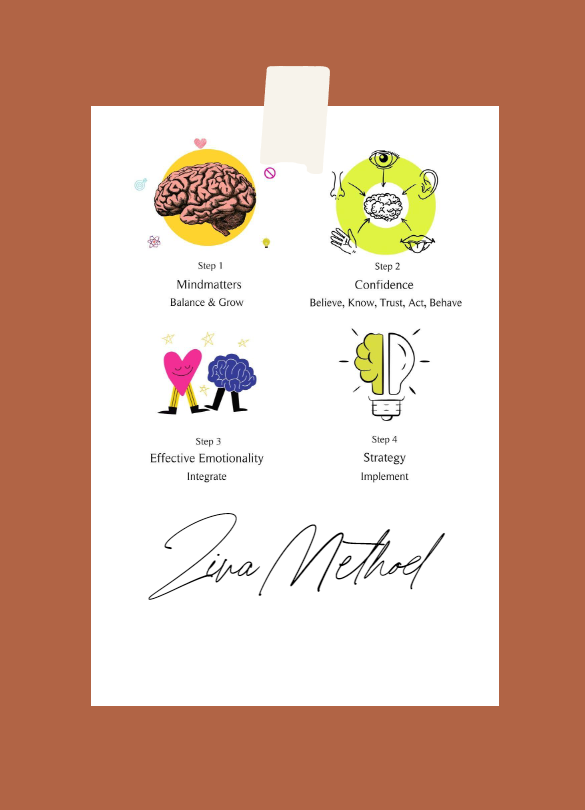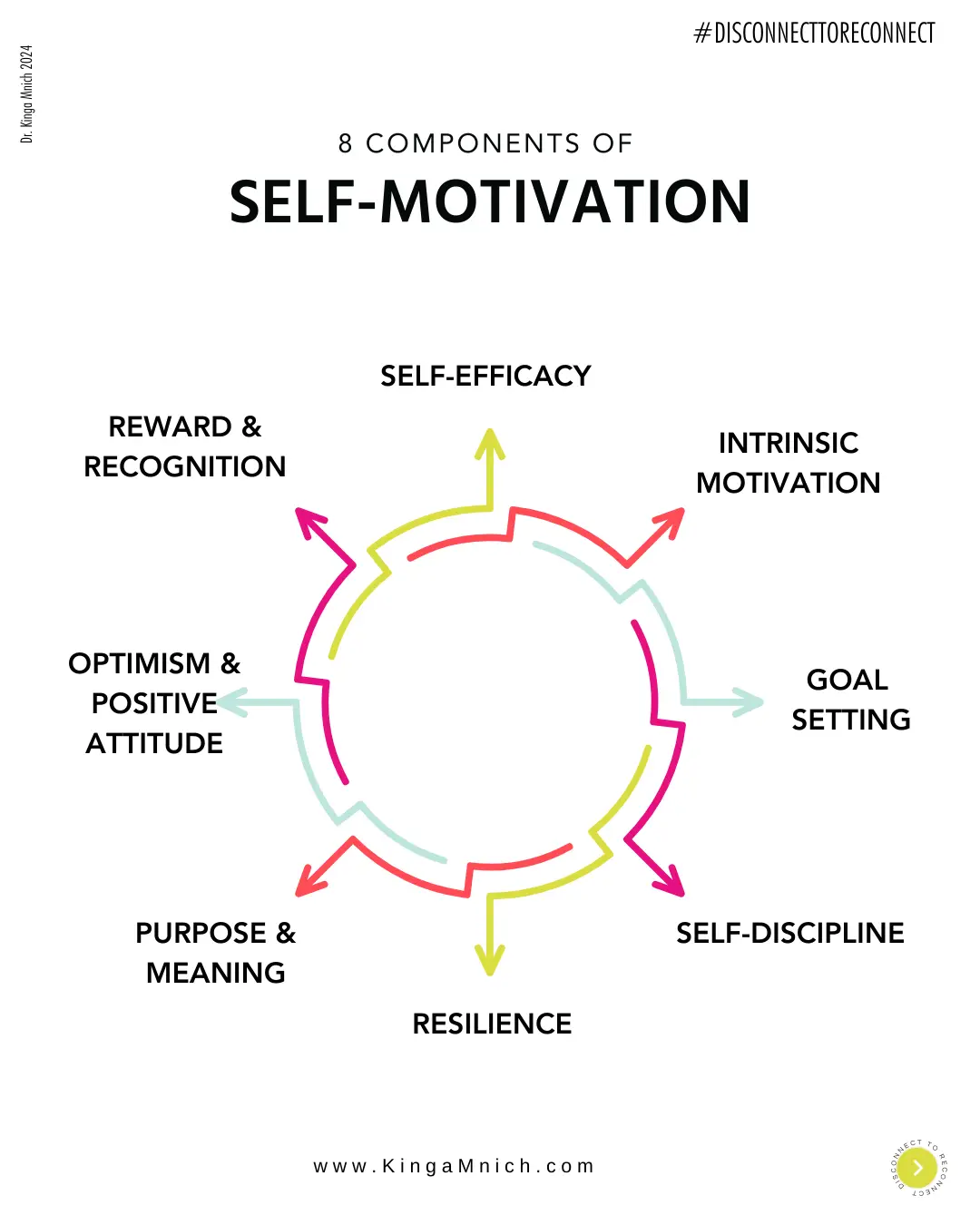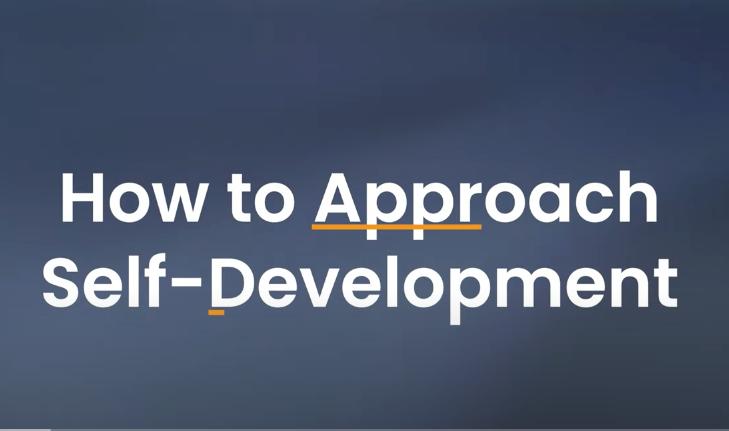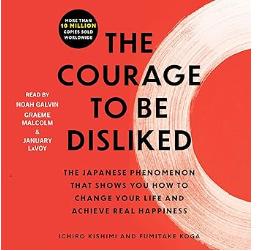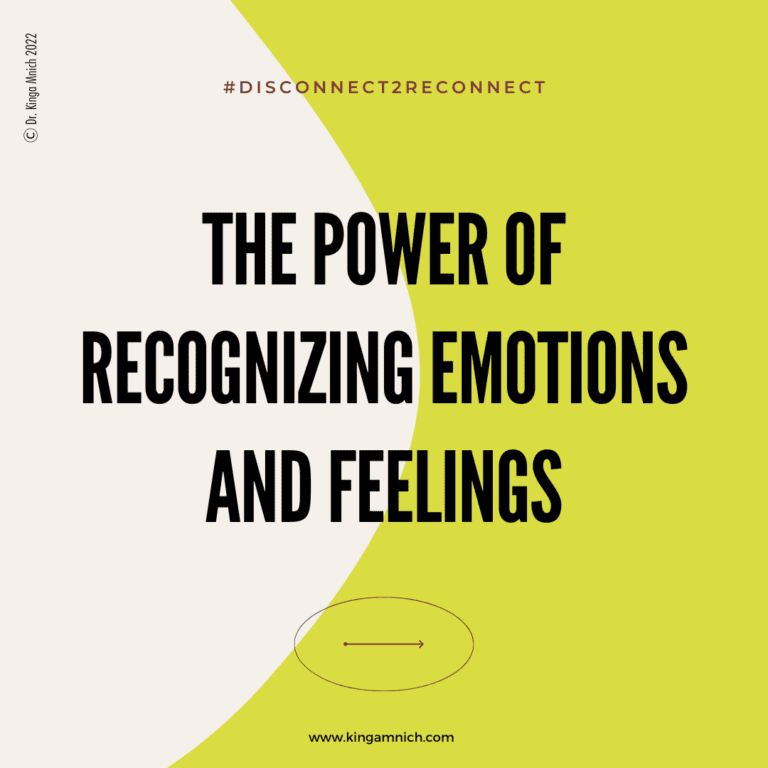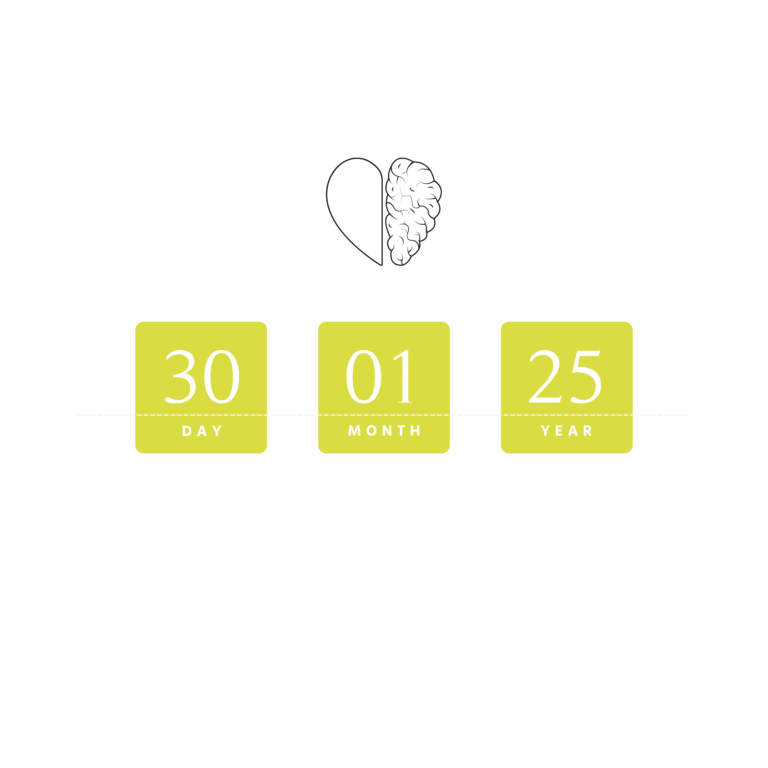Fear of Social Judgment
- The fear of judgment
- Why the advice ‘You shouldn’t care about what others think of you’ can easily backfire
- How to tame the fear of judgment
- Link to Brief Fear of Negative Evaluation Scale, BFNE Test
In roles that require influence and collaboration, managing your reputation isn’t just about ego; it’s about impact. Your work and goals depend on the buy-in and support from others, which means that how people perceive you can either fuel or limit your success.
Personally, I used to fear being judged to the point where I avoided interactions, staying in my office. Ironically, this led my colleagues to assume I was arrogant or disinterested. That perception caused them to keep their distance, reinforcing the exact isolation I was trying to avoid. As a result it took me much longer to get the buy in on important projects.
People do judge, but maybe not as often as we imagine. Others will make assumptions for us, when we don’t actively manage our reputation—and these assumptions are frequently inaccurate.
The more present you are, the more you can influence these judgments, creating the trust and support essential to your leadership.
One key to managing fear of judgment is to start with self-awareness. The more critical we are of ourselves, the more likely we are to feel judged by others. When we work on self-compassion and constructive self-reflection, the external judgments lose their impact. The same goes to judging others, the less we indulge in this habit, the less likely it will backfire.
But why do we care so much in the first place? In ancient times, social acceptance was critical to survival. And today, while it might not be necessary for survival, it can certainly influence your professional goals.
In addition, the “fear of negative evaluation” is often heightened in high-stakes or evaluative moments, causing even accomplished leaders to second-guess themselves.
Psychologists David Watson and Ronald Friend created the Fear of Negative Evaluation Scale (FNE) as a way to measure this tendency. Through a series of statements, the scale helps reveal whether we’re overly preoccupied with others’ opinions, prompting us to look at our own fears around judgment and see where they might be holding us back (You can find the link to the test below).
How to tame the fear of judgment: Overcoming this fear isn’t about silencing it entirely. Instead, it’s about managing it in a way that allows your confidence to shine, unaffected by others’ opinions. Here are some practical ways to help you handle the fear of being evaluated:
Practical Self-Development Tools
- Build Self-Awareness
First, it’s essential to acknowledge and understand your triggers around fear of judgment. Ask yourself where you’re most sensitive to feedback. Are these judgments fact-based, or are they perceptions your mind has inflated? Simply becoming aware of this bias can start to soften its impact. - Shift Your Inner Dialogue
Strengthen your self-perception with affirmations rooted in your real abilities and accomplishments. Regular reminders of your strengths can fortify your confidence, making external opinions less potent. - Reframe Past Experiences
Reflecting on past moments of embarrassment or judgment, try to view them with curiosity instead of shame. Imagine how you might approach a similar situation differently now, turning self-criticism into growth. - Accept the Challenge of New Experiences
Start with small but meaningful actions—leading a meeting or sharing your ideas. Building up these moments, you’ll gradually feel more comfortable taking on bigger ones. - Practice Positive Visualization
Before situations that might trigger judgment anxiety, spend a few moments visualizing yourself succeeding, grounded and focused. This can reduce pre-performance jitters and improve your confidence in the moment.
Fear of judgment can feel overwhelming, but it doesn’t have to define your story. Through intentional self-reflection and gradual practice, you’ll find that this fear, while real, becomes easier to manage and less likely to interfere with your personal and professional goals.
3. Additional Resources:
01
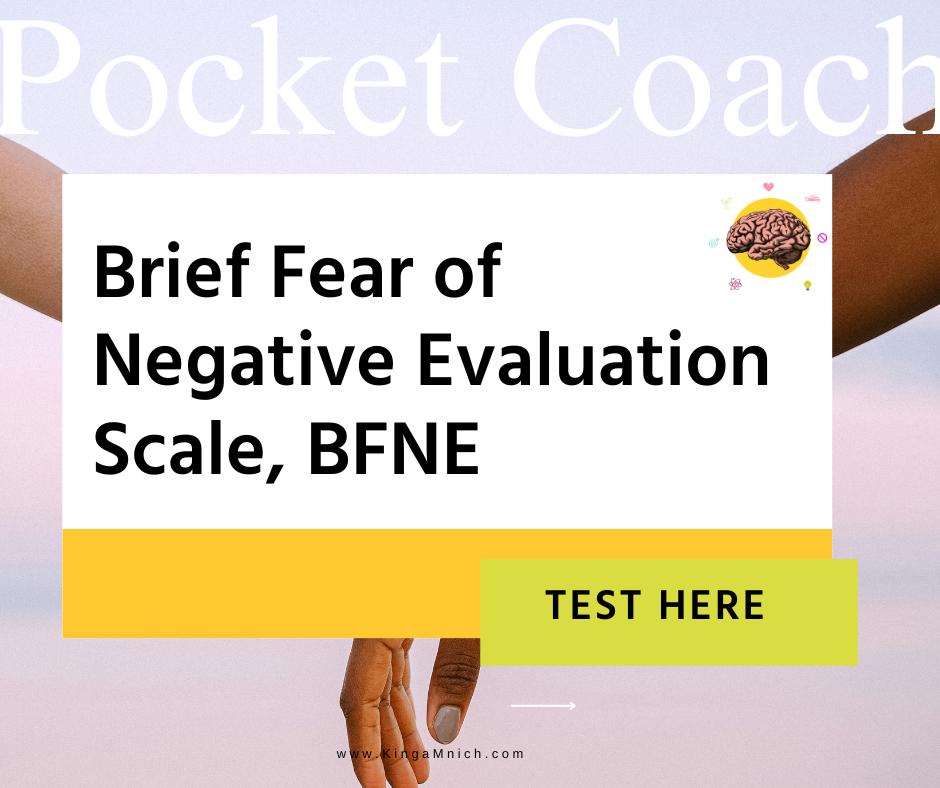
Talk Suggestion
How To Approach Self-Development
Joe Hudson, the founder of Art of Accomplishment, teaches the three main things to consider when approaching the self-development journey: Gratitude, Experimentation, and Authenticity.
Bi-Weekly Book Recommendation
The Courage To Be Disliked
A beautiful book written as a conversation between the youth and the philosopher exploring Adlerian theory – a holistic approach to psychology that emphasizes the importance of overcoming feelings of inferiority and gaining a sense of belonging in order to achieve success and happiness.
A BEAUTIFUL MUST READ.
Are you enjoying the newsletter? If so, I would love to hear from you what you think about it and what has been helpful so far.
Thanks for your support and ‘see you’ in two weeks!

Has someone forwarded this to you? Subscribe here so you don’t miss out—and get ready to feel inspired, motivated, and fired up to tackle the next step in your life.
